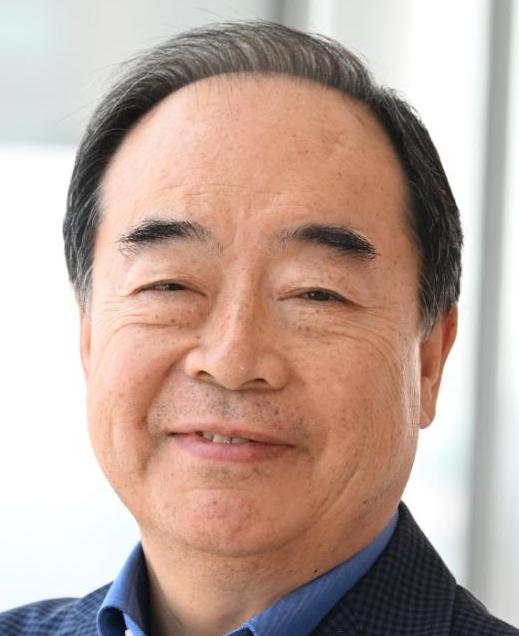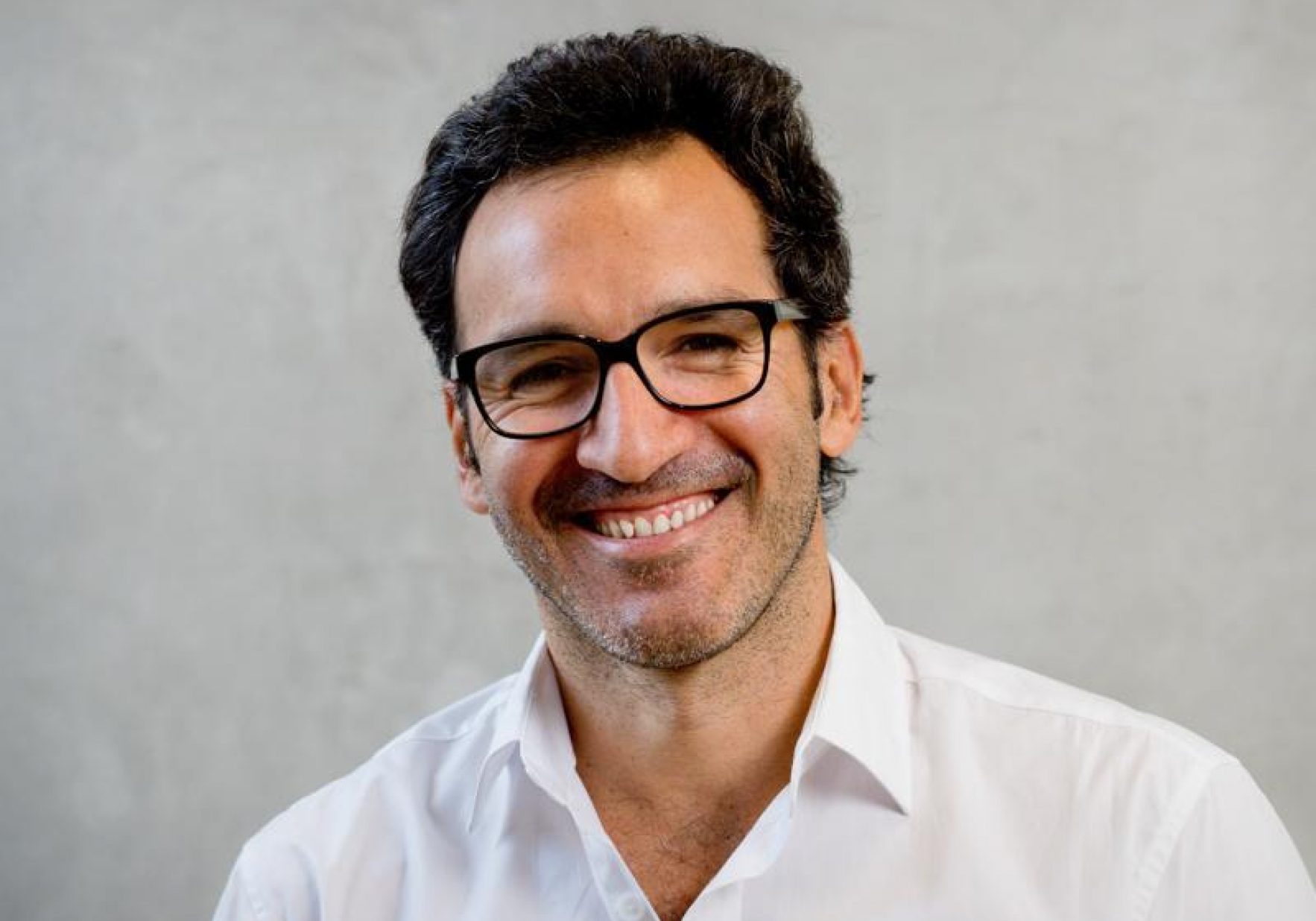The Resilience-AD and Longevity Seminar Series has concluded for 2024
Let us know your feedback on the seminar series or ideas for future seminars!
About the Seminar Series
The Resilience-AD and Longevity Seminar Series aims to promote collaboration across the Alzheimer’s Disease (AD) and Exceptional Longevity (EL) research fields with the goals of highlighting research on the shared etiologies of AD risk, cognitive resilience, and EL and identifying new opportunities to cross-link AD and EL data.
The seminar series is hosted by the Exceptional Longevity Data Management and Coordination Center (EL DMCC) at Sage Bionetworks.
Past seminars
October 2024 | Using Longitudinal Measures to Capture Key Complementary Dimensions of Cognitive Resilience to Neuropathologies
Date and Time: October 24, 2024 from 9am – 10am PT
Speaker: Dr. Maude Wagner
Description: The concept of cognitive resilience (CR) to Alzheimer’s disease and other neuropathologies can be defined as the continuum from better to worse cognition than expected given the degree of neuropathology in the brain. In this talk, Dr. Maude Wagner will present recently developed longitudinal approaches to quantifying CR at the individual level, and discuss how they can help capture key complementary dimensions of CR and identify risk factors that promote/preserve CR over time.

About Dr. Maude Wagner, PhD
Assistant Professor, RUSH Alzheimer’s Disease Center
Dr Maude Wagner is Assistant Professor of neurological sciences and biostatistician with RUSH Alzheimer’s Disease Center in Chicago. She received her PhD in Biostatistics from the Bordeaux Population Health Inserm Research Center and Bordeaux University, France (2016-2019). Her research focuses on identifying causal and modifiable lifestyle-related risk factors across the lifespan for dementia, cognitive decline and cognitive reserve. She works on several international prospective cohorts and has a broad interest in longitudinal modeling, latent process mixed models, non-linear mixed models, and R programming with applications notably in brain aging and Alzheimer’s disease and related dementia.
June 2024 | Examination of Gene-Gene Interaction: Power of Extreme Sampling
Date and Time: June 27, 2024 from 9am – 10am PT
Speaker: Dr. Joseph Lee
Description: Joseph Lee will discuss how his group uses three studies of high- and low-risk cohorts to understand how genes interact with one another, which is likely to be the biological reality for many complex traits such as Alzheimer’s disease and aging traits. His group focuses on those who escape dementia to old age, despite having strong genetic risk factors, such as the Puerto Rican G206A founder mutation in the PSEN1 gene, to identify and characterize protective modifiers. In addition, he and colleagues examine adults with Down syndrome who have three copies of the APP gene to understand the natural history of dementia in these high-risk individuals. Once protective (or sometimes risk) genetic modifiers are identified, his group examines exceptional healthy aging cohorts to examine whether the allele frequencies of protective genetic modifiers are elevated in this cohort representing exceptional healthy aging. For two of these studies, his group has longitudinal multiple omic data, including transcriptomic, proteomic, lipidomic and metabolomic, as well as imaging data, to gain insight into potential molecular mechanisms. Subsequently, his group collaborates with cell biologists to perform functional genomics using iPSC cell lines generated from these individuals. In the present talk, he will share some candidate genes identified from their work.

About Dr. Joseph Lee, DrPH
Professor of Epidemiology and Neuroscience in the Sergievsky Center and Department of Neurology, Columbia University
Joseph Lee is a genetic epidemiologist whose research aims to identify and characterize genetic and non-genetic modifiers of the risk of Alzheimer’s disease and other age-related diseases by exploring family-based extreme sampling.
Websites:
https://josephlee2005.wixsite.com/josephhlee
https://www.publichealth.columbia.edu/profile/joseph-h-lee-drph
https://www.researchgate.net/profile/Joseph-Lee-12
April 2024 | Synaptic Compensatory Plasticity in Alzheimer’s Disease
Date and Time: April 25, 2024 from 9am – 10am PT
Speaker: Dr. Patricio Opazo
Description: The loss of excitatory synapses is known to underlie the cognitive deficits in Alzheimer’s disease (AD). Although much is known about the mechanisms underlying synaptic loss in AD, how neurons compensate for this loss – and whether this provides cognitive benefits – remains almost completely unexplored. In this talk, I will describe two potential compensatory mechanisms implemented following synaptic loss: the enlargement of the surviving neighbouring synapses and the regeneration of synapses. Because dendritic spines – the postsynaptic site of excitatory synapses – are easily visualized using light microscopy, we focus on a range of microscopy approaches to monitor synaptic loss and compensation. In our lab, we use longitudinal dendritic spine imaging – as opposed to fixed-tissue imaging – to gain insights into the temporal dynamics of dendritic spine compensation. We believe that understanding the molecular mechanisms behind these forms of synaptic compensation and regeneration will be critical for the development of therapeutics aiming at delaying the onset of cognitive deficits in AD.

About Dr. Patricio Opazo, PhD
UK Dementia Research Institute at the University of Edinburgh
Originally from Chile, Dr. Patricio Opazo obtained a PhD at the University of California, Los Angeles in the lab of Dr. Thomas O’Dell investigating the molecular mechanisms underlying Long-term potentiation (LTP) of synaptic transmission – an electrophysiological correlate of memory.
For his first postdoc, he joined the lab of Dr. Daniel Choquet in Bordeaux to investigate the molecular mechanism underlying the synaptic trapping of AMPA receptors – the main mediators of synaptic transmission – during LTP using a single-particle tracking approach. For his second postdoc, he joined the lab of Dr. Tobias Bonhoeffer at the Max-Planck Institute in Munich, to assess the causal relationship between synaptogenesis and memory, using a combination of two-photon microscopy and behaviour.
Dr. Opazo started his own independent group first in the Queensland Brain Institute (QBI) at The University of Queensland in Brisbane, Australia in 2016 and then in the UK Dementia Research Institute at the University of Edinburgh in 2021, where he is leveraging his long-standing expertise in synaptic plasticity to investigate the synaptic compensatory and repair mechanisms counteracting synaptic loss at the early stages of Alzheimer’s disease.